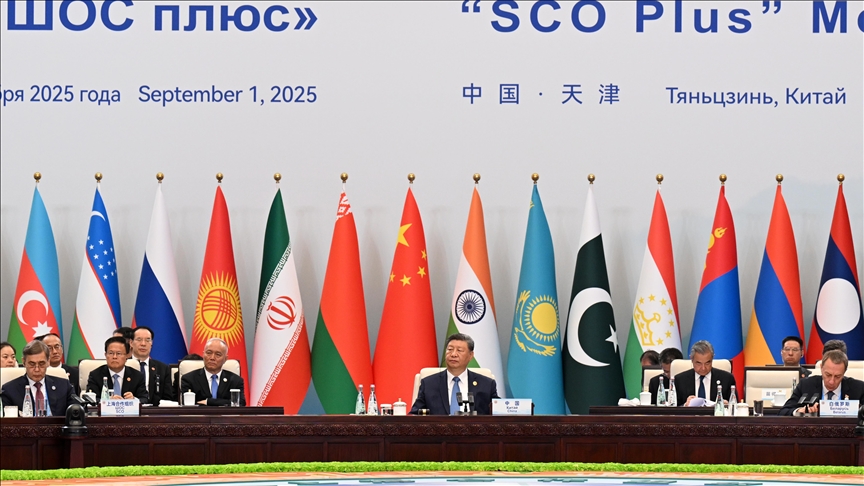Xi Jinping Criticizes Hegemonism at SCO Summit,
At the Shanghai Cooperation Organization summit in Tianjin, Chinese President Xi Jinping denounced hegemonism and called for a more equitable global order, positioning China and the Global South as advocates for true multilateralism.

Chinese President Xi Jinping used the Shanghai Cooperation Organization (SCO) summit in Tianjin to deliver a pointed critique of what he termed 'hegemonism' and 'power politics,' widely interpreted as veiled references to the United States and its allies. Xi’s remarks, delivered before leaders from Russia, India, Iran, and other Eurasian states, underscored China’s ambition to reshape the global order and elevate the voices of developing countries.
Xi declared, "The strong should not bully the weak. Decisions should not be made by simply showing off strong muscles or waving a big fist. Selective multilateralism should not be our option." He emphasized that China "will never seek hegemony, nor does it believe in a zero-sum" approach, framing China’s foreign policy as cooperative and inclusive. This rhetoric, which has become a staple of Chinese diplomatic messaging, seeks to contrast Beijing’s vision of global governance with what it characterizes as the coercive and unilateral practices of the West.
A New Global Governance Initiative
At the summit, Xi unveiled the Global Governance Initiative, a proposal aimed at "safeguarding the purposes and principles of the UN Charter, and building a more just and equitable global governance system." The initiative’s five guiding principles include sovereign equality, adherence to international law, genuine multilateralism, a people-centered approach, and a focus on tangible results. Xi argued that these principles are necessary to address what he described as the persistent threats of "Cold War mentality, hegemonism and protectionism."
Observers note that the SCO, originally established as a security forum to counterbalance US influence in Central Asia, has grown in both size and ambition, now encompassing major economies and a wide array of observer and dialogue partners. Xi’s call for a new SCO development bank and an alternative payment system to the US dollar further signals China’s intent to build parallel institutions that reduce Western dominance in global finance and trade.
Multipolarity and the Global South
Xi’s speech repeatedly referenced the "collective rise of the Global South" as a defining trend in world affairs. He pledged that China would "always keep the Global South in its heart," offering 2 billion RMB (about $280 million) in aid to SCO members this year and promising additional loans. The summit’s agenda, which included discussions on energy cooperation and the expansion of China’s BeiDou satellite system, reflected Beijing’s strategy to deepen economic and technological ties with developing nations.
International analysts, including Alfred Wu of the National University of Singapore, interpret Xi’s remarks as part of a broader effort to "provide an alternate world order, because the US-led world order is very much in decline." However, critics caution that China’s appeals to multilateralism often mask its own aspirations for regional leadership, and that official Chinese narratives frequently employ emotional appeals and dichotomies—such as framing the West as destabilizing and China as a force for peace—to rally support among non-Western states.
Reactions and Propaganda Dynamics
While Chinese state media and allied outlets amplified Xi’s message, emphasizing China’s commitment to peace and justice, independent observers highlighted the summit’s strategic context. The presence of Russian President Vladimir Putin, whose country faces international isolation over the war in Ukraine, and the participation of other authoritarian-leaning states, underscored the bloc’s role as a counterweight to Western alliances. Some coverage, especially from Chinese and Russian sources, relied on emotionally charged language and selective historical references to bolster the narrative of a rising multipolar world led by China and its partners.
Despite official denials, the summit’s proceedings and Xi’s rhetoric are widely seen as part of a calculated campaign to challenge US influence and promote a new, China-centric vision of global governance. The effectiveness of this campaign, however, remains subject to debate, particularly given the divergent interests and political systems of SCO member states.